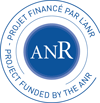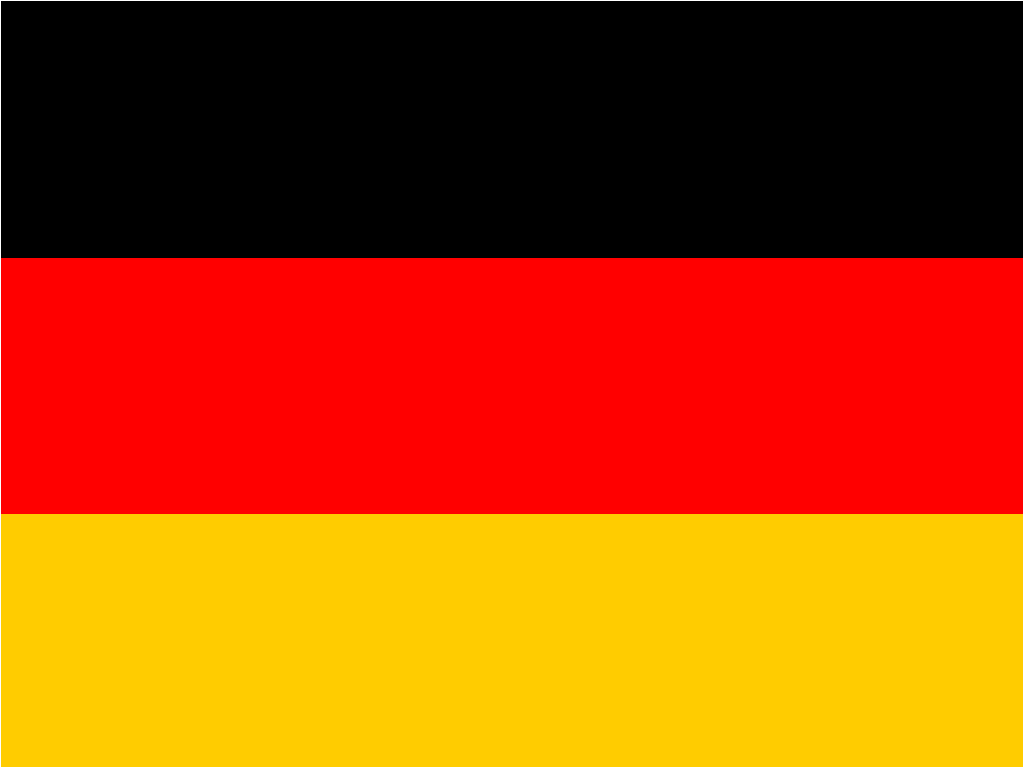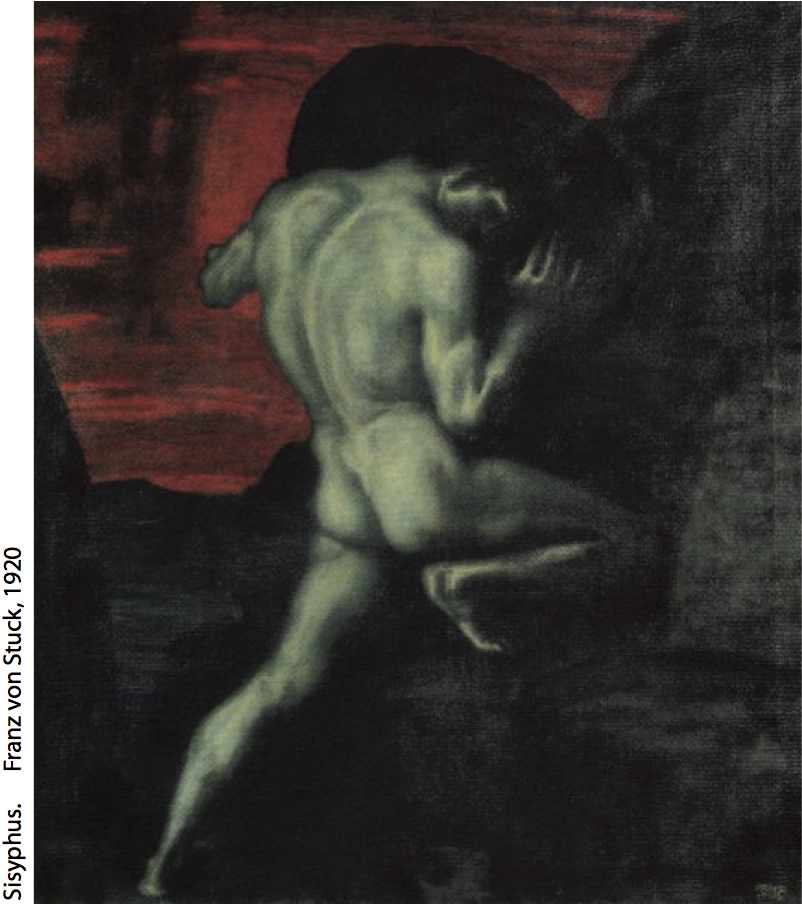SISYPH

Mirror SYmmetry and irregular SIngularities coming from PHysics
 Programme blanc N°
ANR-13-IS01-0001-01/02
Programme blanc N°
ANR-13-IS01-0001-01/02
 Program DFG No HE 2287/4-1 & SE 1114/5-1
Program DFG No HE 2287/4-1 & SE 1114/5-1



Description of the project (January 2014 - June 2017)
The SISYPH project
consists of a French partner and a German partner. The following
topics will be considered both separately and in connection to
each other:
1. Mirror symmetry as an effective tool for the computation of
Gromov-Witten invariants of various kinds of smooth algebraic
varieties or orbifolds,
2. Irregular singularities of linear differential systems in any
dimension, either from the point of view of holonomic \(\mathcal
D\)- modules or from that of isomonodromy deformations,
3. Hodge theoretic aspects of such differential systems.
One of the original aspects of the project consists in obtaining
results in each topic by exhibiting the interplay between these
topics through the use of various tools and methods (algebraic
geometry, non commutative Hodge theory, singularity theory and
\(\mathcal D\)-modules, symplectic geometry) with, in the
background, motivations and conjectures formulated by physicists.
A central object of interest will be the generalized
hypergeometric systems of linear differential equations (GKZ
systems) as models for the quantum \(\mathcal D\)-module of toric
manifolds or orbifolds. These GKZ systems also provide a large
class of examples of holonomic \(\mathcal D\)-modules with
irregular singularities, where conjectures and preliminary results
can be tested.
The understanding of the geometry of different types of moduli
spaces like those for isolated hypersurface singularities, for
curves, or more generally for stable mappings (entering in the
very definition of Gromov-Witten invariants), and for meromorphic
connections on vector bundles, is one of the most important
motivations of the whole project. Although the first ones are
known to be essential for mirror symmetry, a basic question will
be to make sense/fully understand the notion of mirror symmetry
for the moduli spaces of irregular singular connections on Riemann
surfaces.
The Stokes phenomenon, which is a fundamental property of
irregular singularities of differential equations, is a basic
object to be understood in the context of either Gromov-Witten
theory or Landau-Ginzburg models and their extensions to
singularity theory. Its relationship with Hodge-theoretic
properties (in particular their non-commutative aspects) will
allow the analysis of moduli spaces of singularities.



 Programme blanc N°
ANR-13-IS01-0001-01/02
Programme blanc N°
ANR-13-IS01-0001-01/02 Program DFG No HE 2287/4-1 & SE 1114/5-1
Program DFG No HE 2287/4-1 & SE 1114/5-1